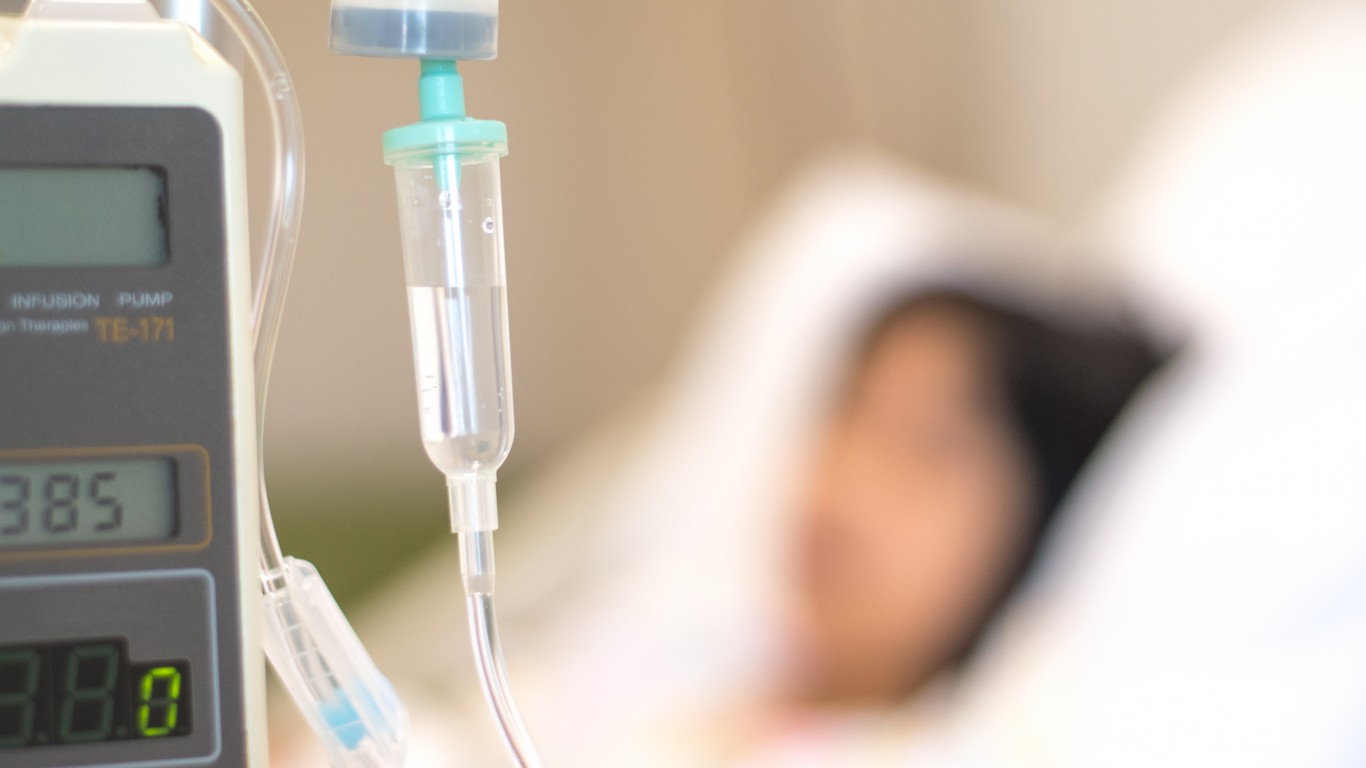

Proton pump inhibitors (PPIs) — a widely prescribed group of medications that combat heartburn, GERD (gastroesophageal reflux disease), and ulcers — are the most widely prescribed class of drugs worldwide, with annual global sales of about $13 billion. More than 15 million Americans take the drugs, both prescription-strength and the commonly available over-the-counter versions.
These drugs might ease digestive discomfort and stave off gastroesophageal problems, but they might also be extremely hazardous to your health — even though they’re not generally considered to be among the 25 most dangerous drugs.
A new study conducted by researchers at Washington University School of Medicine in St. Louis and the city’s Veterans Affairs Health Care System, following up on research they conducted in 2017, suggests that such commonly used drugs as Nexium, Prilosec, Prevacid, and Protonix put those who take them at risk for premature death from kidney and heart disease and stomach cancer. They have also been linked to digestive hormone imbalances and increased risks for pneumonia, dementia, and bone fractures.
Using anonymous medical records from the U.S. Department of Veterans Affairs between 2002 and 2004, the researchers studied 157,625 mostly Caucasian men aged 65 and older who had been newly prescribed PPIs and another 56,842 who had been newly prescribed a different class of drug with the same function known as H2 blockers.
They found that users of PPIs had since died of heart, kidney, or stomach disease at the rate of 387 per 1,000 subjects, while those taking H2 blockers died from the same diseases at the rate of 342 per 1,000. Deaths from cardiovascular disease were the most common, suggesting that PPIs are yet another of the many dangerous things linked to heart problems.
While the results indicate a difference in mortality of only 45 people per 1,000, the study’s principal author, Ziyad Al-Aly, an assistant professor of medicine at the university, noted that “Given the millions of people who take PPIs regularly, this translates into thousands of excess deaths every year.”
The most alarming thing, Al-Aly added, was that more than half the people taking PPIs didn’t really need them. Furthermore, the study found that more than 80% of the subjects were using low doses of prescription PPIs or tover-the-counter versions. He recommended that over-the-counter PPIs should carry clear warnings about their potential health risks, and that in most cases, people shouldn’t take them for more than 14 days consecutively. More studies may have to be conducted to determine the potential danger PPIs cause and if even some of them will need to be recalled. For reference, these are the 18 of the worst drug recalls in history.
Sponsored: Find a Qualified Financial Advisor
Finding a qualified financial advisor doesn’t have to be hard. SmartAsset’s free tool matches you with up to 3 fiduciary financial advisors in your area in 5 minutes. Each advisor has been vetted by SmartAsset and is held to a fiduciary standard to act in your best interests. If you’re ready to be matched with local advisors that can help you achieve your financial goals, get started now.
Thank you for reading! Have some feedback for us?
Contact the 24/7 Wall St. editorial team.



